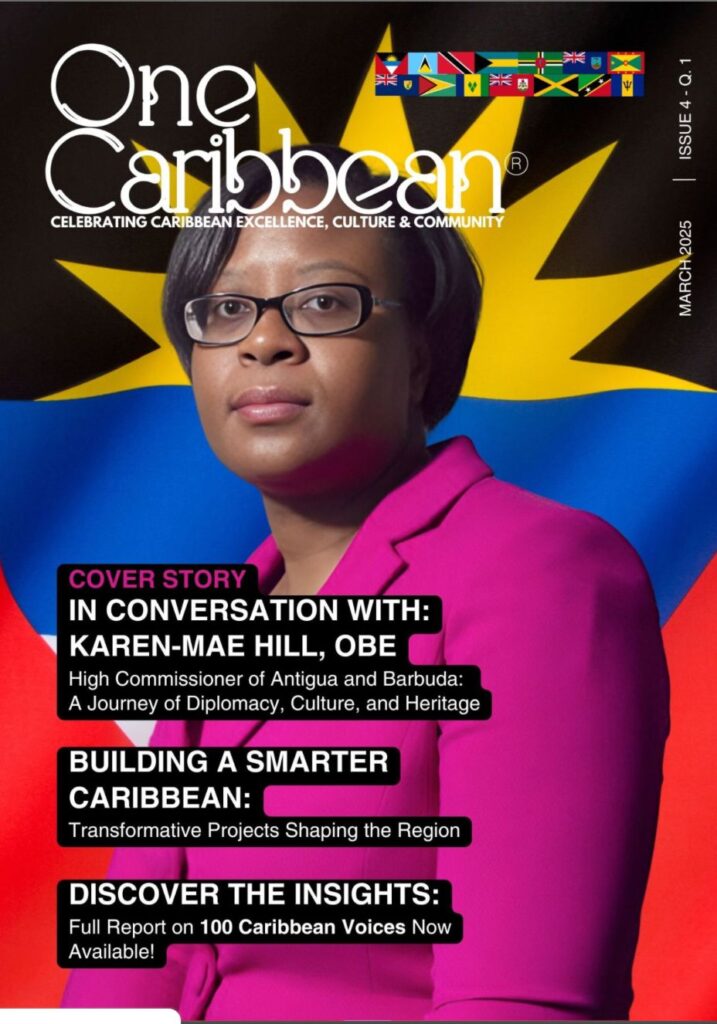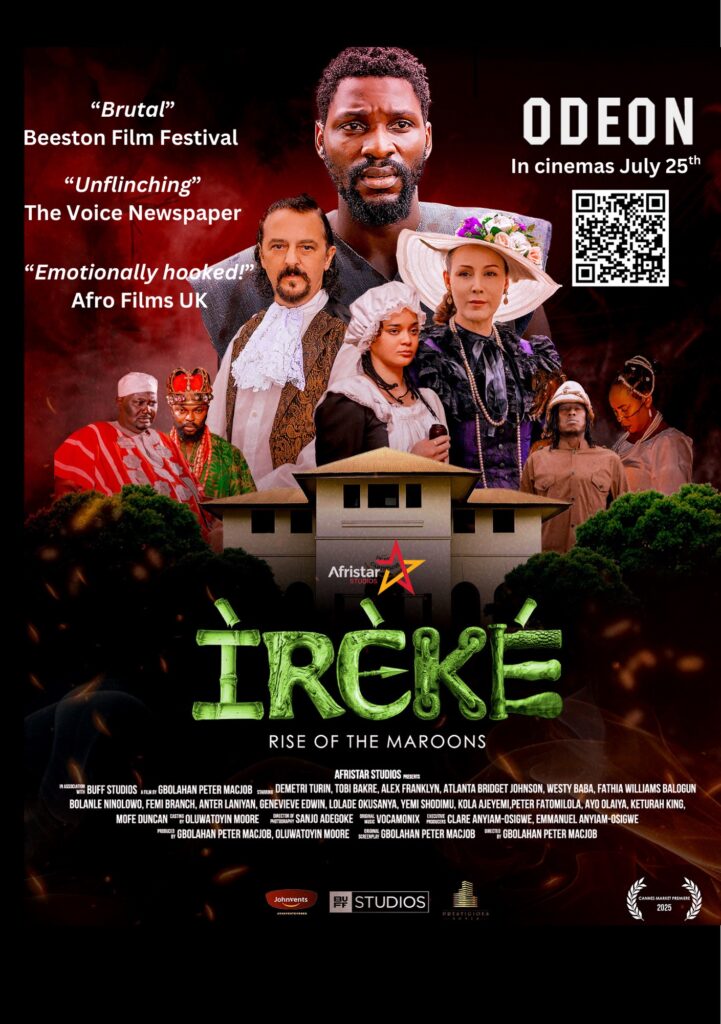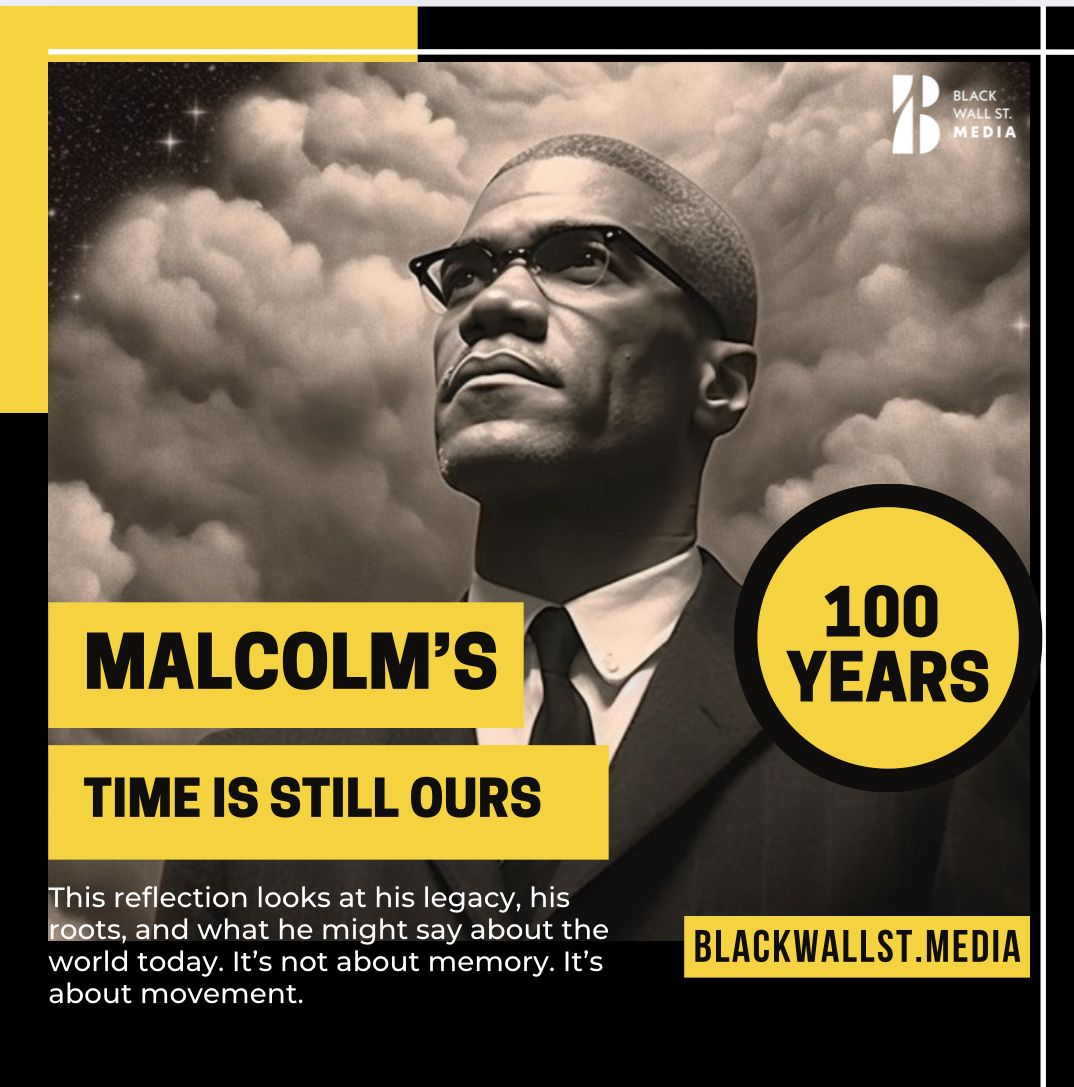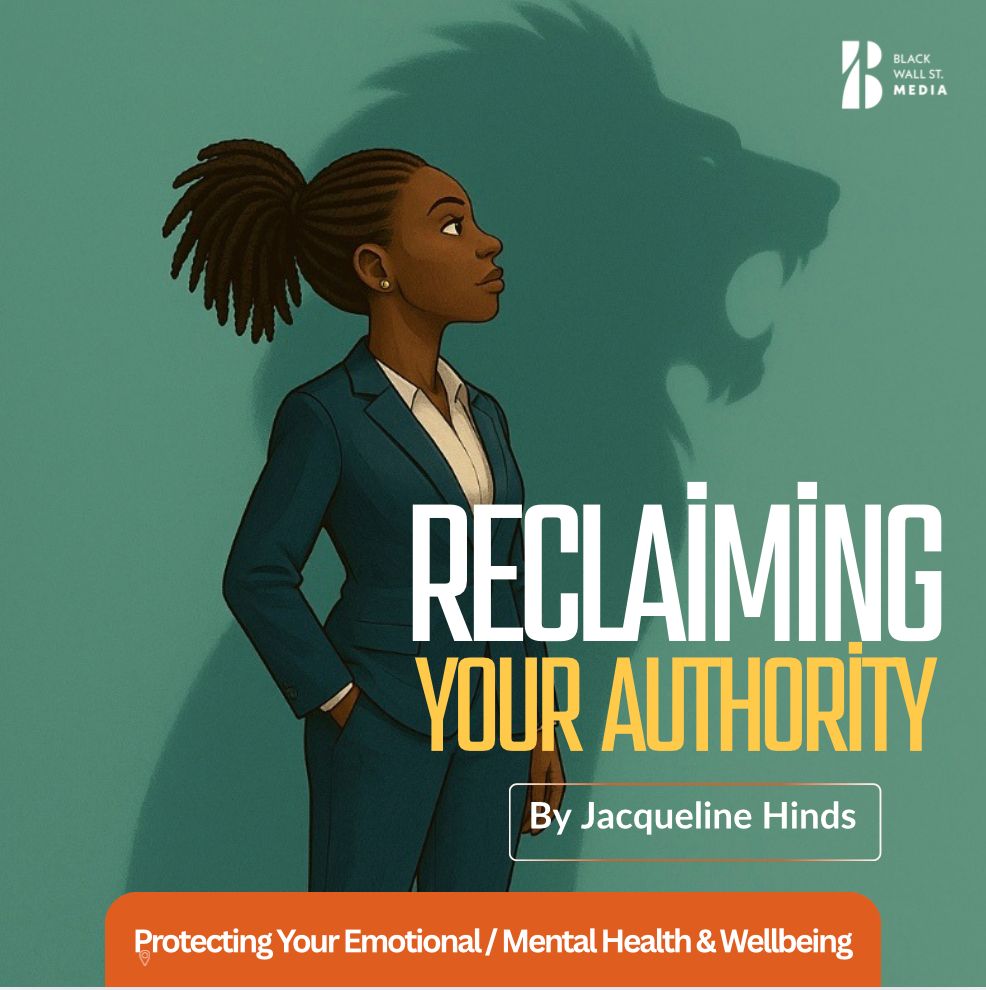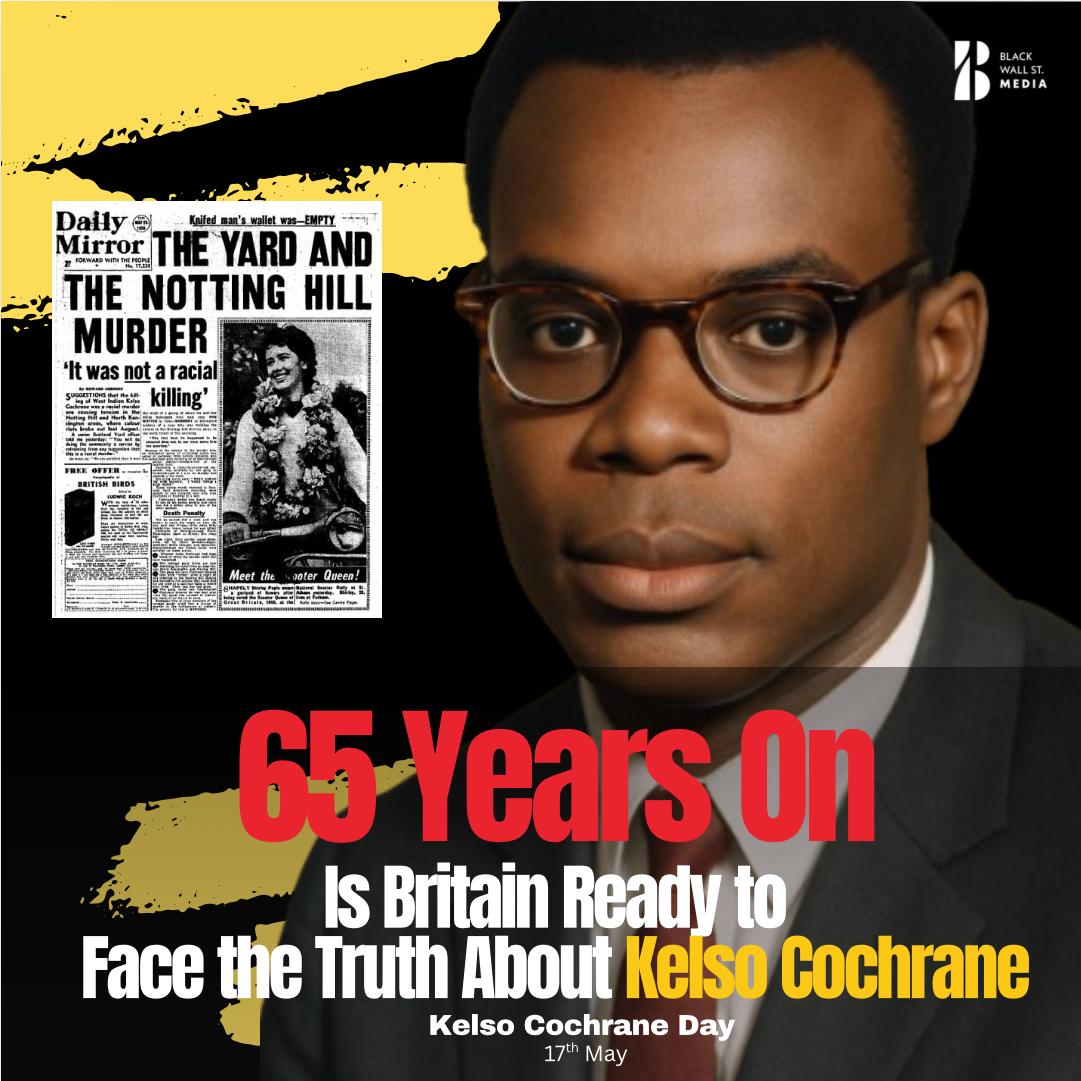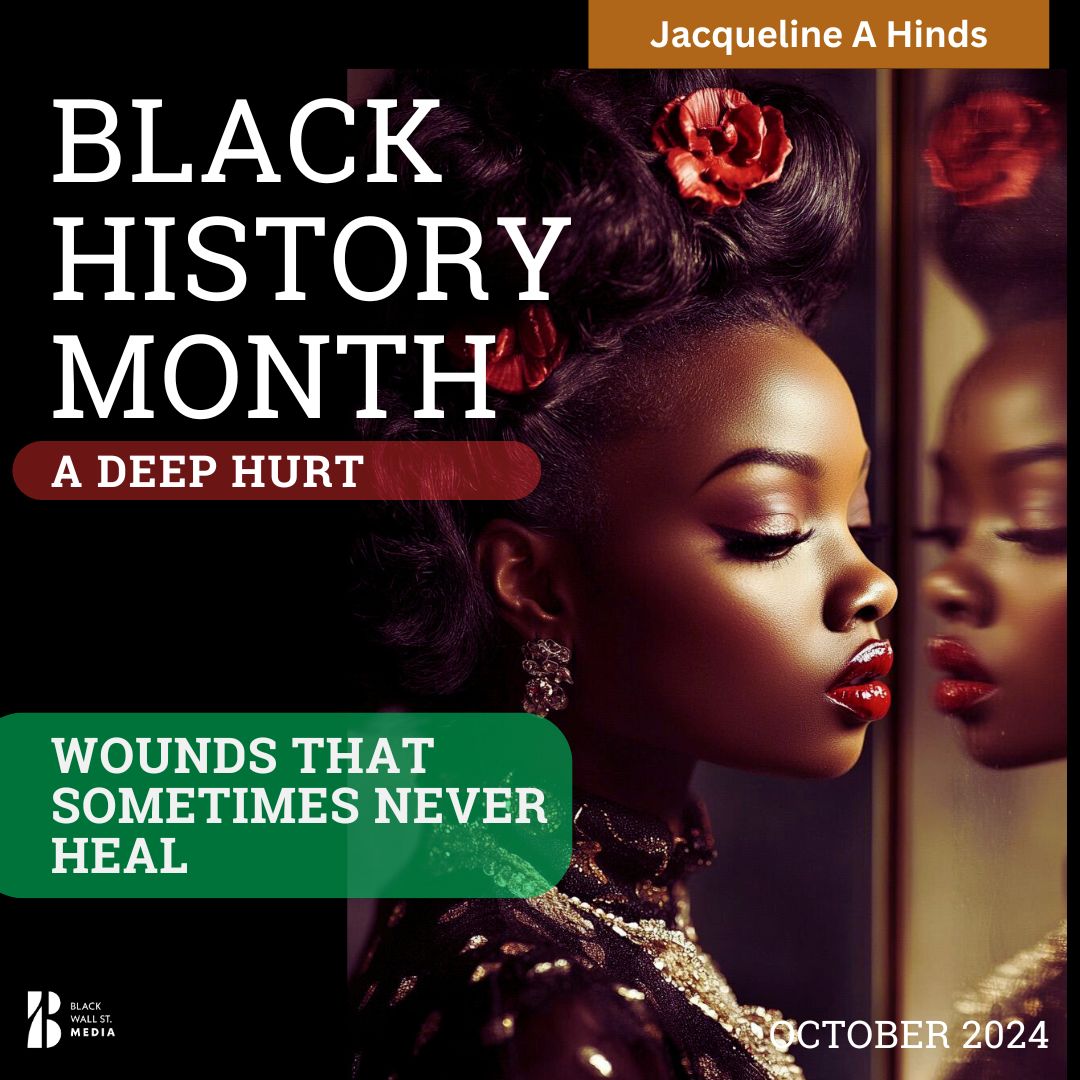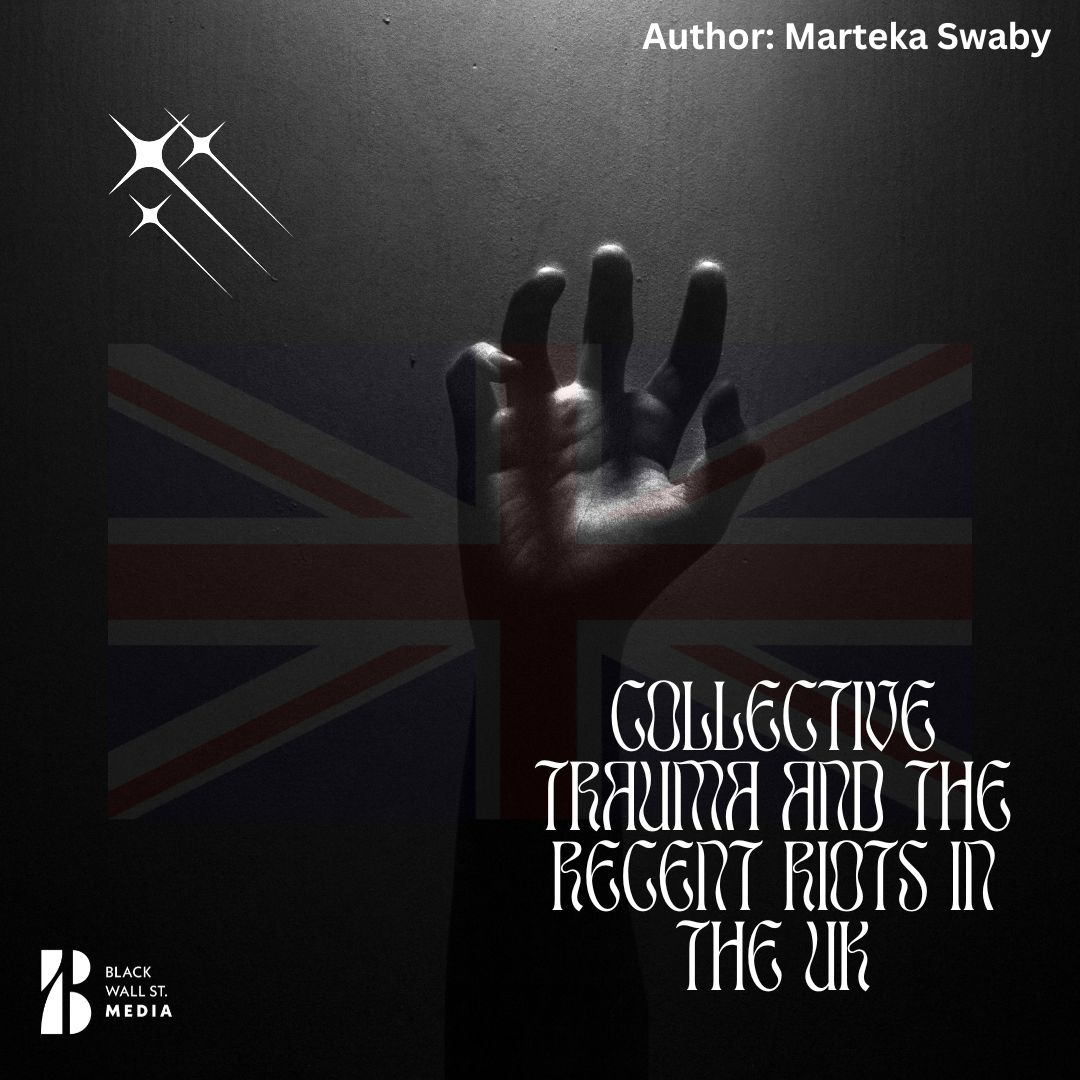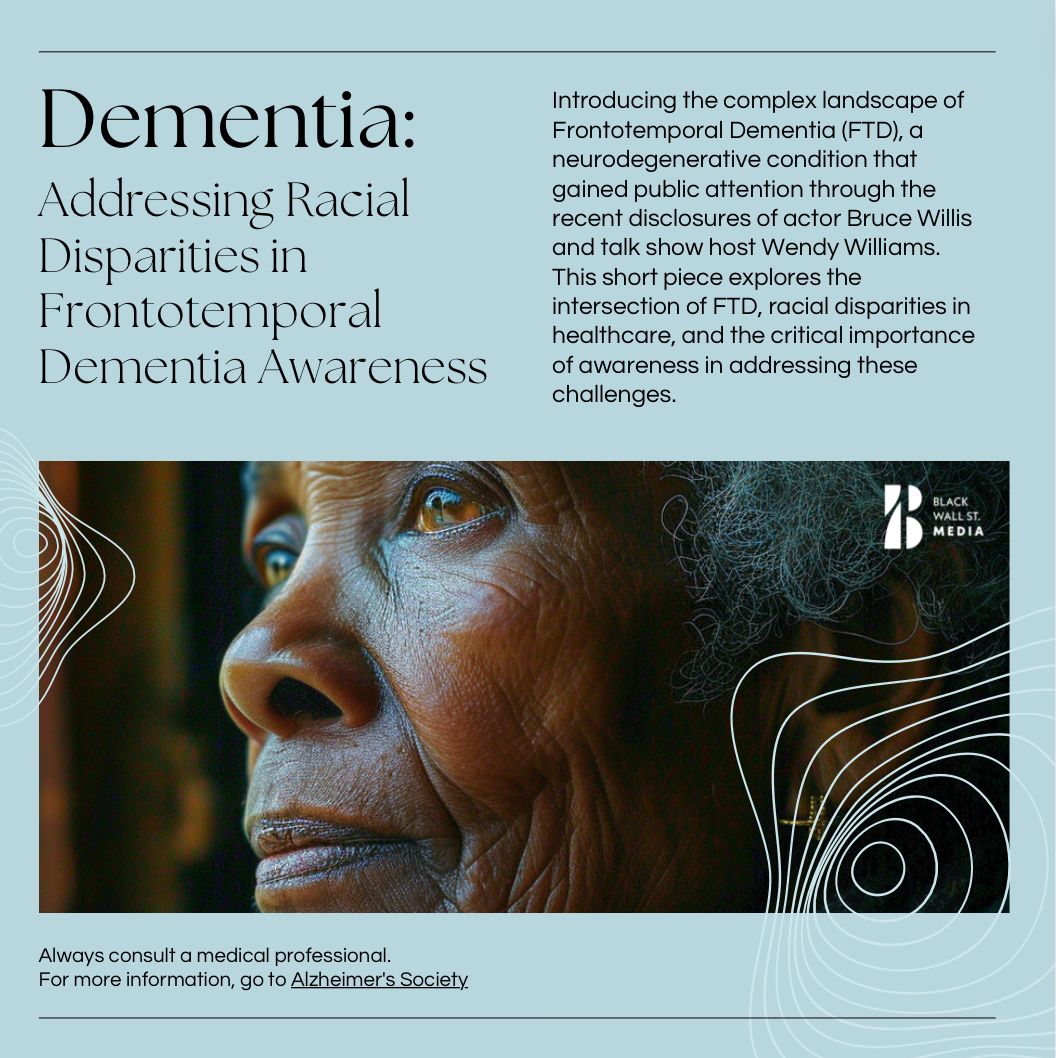HISTORY
Legacy of a Prodigal Son: Derek Walcott’s Caribbean Odyssey
“Journey through the profound legacy of Derek Walcott – a poet, painter, and playwright who transcended borders and cultures. From reimagining Greek myths in the Caribbean to navigating the complexities of language and identity, Walcott's poetic wisdom echoes in every line. Join us in exploring the transformative power of poetry and the enduring legacy of this Caribbean luminary.”
Black Wall St. MediaBlack History Month 2024 - FEBRUARY
Derek Alton Walcott, born on January 23, 1930, in Castries, St Lucia, was a multifaceted artist—a painter, playwright, and poet.
His peripatetic journey led him to teach poetry at esteemed institutions like Boston, Yale, Columbia, and Harvard. In 2010, he conducted workshops at the University of Essex, delving into drama and poetry.
Walcott’s arrival at Essex stirred echoes of controversy tied to a sexual harassment scandal from 1982. However, he gracefully resigned from the race for the Oxford professorship of poetry, eventually becoming the writer-in-residence at Essex.
Dr. Maria Cristina Fumagalli played a pivotal role in bringing Walcott to Essex, and their camaraderie was evident when she descended stairs with him, her breezy smile leaving a lasting impression.
In his poetry class, Walcott bridged physical space with memory, creating a metaphorical vehicle that integrated his experiences from St Lucia, Europe, and North America. He instilled a sense of nostalgia while exploring the Western poetic tradition, quoting and morphing historical nuances into his own poetic logos.
Walcott’s teaching pivoted on hard work, delving into the rhythmic intricacies of poems.
He chose to teach poets like Thomas Hardy, Edward Thomas, and Auden, with a particular emphasis on Hardy’s “The Darkling Thrush.”
This choice, as later understood, engaged with the history of colonial invasion and its painful legacy, reflecting Walcott’s complex relationship with English language and culture.
His epic poem, “Omeros” (1999), considered a magnum opus, reimagines ancient Greek myths in the Caribbean, blending historical scope and literary aesthetics. Walcott’s duty, as he expressed it, was not merely nationalist but a heartening inclusion of human history.
He urged students to engage in palimpsest and contrapuntal readings, using Hardy’s poem as a psycho-geographic counterpart to Conrad’s “Heart of Darkness.”
Walcott’s teaching philosophy embraced the duty of a poet towards himself and the recipients of his work.
He probed poems’ biographical layers, fostering connections between the reader and the poet. His incantatory practice of repeating lines revealed his religious intensity for words, reminiscent of his contemporaries like Heaney and Brodsky.
Amid sensational allegations and the Oxford professorship theatre in 2009, Walcott remained silent.
The following year, he released “White Egrets,” a poignant meditation on grief and death.
Throughout his life, he carried a cargo of endurance, crossing over the English Channel and imparting his wisdom in the poetry class, encapsulated in his Nobel lecture about the strength found in reassembling fragmented love.
In the face of sensational allegations and the theatrical ego clash for the Oxford professorship of poetry in 2009, Walcott maintained a dignified silence.
The following year, he presented the world with “White Egrets,” a masterful meditation on grief and death. Much like Hardy’s thrush, Walcott’s poetic persona had evolved, now ‘gaunt’ with the weight of time and experience.
Walcott’s life unfolded as a dialogue with his divided identity, navigating the complex waters of Caribbean heritage and English language.
His enduring journey, often expressed through his divided self, resonated in lines like “The dialect of the scrub in the dry season/ withers the flow of the English.”
This exploration of language and identity became a defining thread in his work.
Teaching poetry became an art for Walcott. In his classes, he engaged students with meticulous attention to particular lines, urging them to embrace the raw delight of possessing the flesh of a poem.
His religious intensity for words, a creed shared with poets like Heaney, permeated through his teaching, emphasizing the transformative power found in the details of language.
“The Prodigal” (2004) showcased Walcott’s reverence for words, where he proclaimed,
“The dialect of the scrub in the dry season/ withers the flow of the English.”
In these verses, every noun became a stump, and ‘rain’ came in ‘paragraphs,’ underscoring the richness of creole language, akin to the landscape of Hardy’s “The Darkling Thrush.”
Amidst the chaos of allegations and institutional power plays, Walcott’s decision to remain silent was a testament to his stoic grace.
The publication of “White Egrets” marked a significant moment in his poetic journey, where the poet, like the aged thrush in Hardy’s poem, reflected on the passage of time and the weight of accumulated experiences.
As we delve into the legacy of Derek Walcott, we find a poet who, through his teaching and poetry, bridged continents and cultures.
His works, whether reimagining ancient Greek myths in the Caribbean or contemplating the intricacies of colonial history, showcased a profound engagement with the human experience.
Walcott’s ability to seamlessly weave the personal and the historical, the local and the universal, left an indelible mark on the literary landscape.
In conclusion, Derek Walcott’s life and teachings were a testament to the transformative power of poetry.
His journey, marked by wanderlust, self-exile, and a commitment to the duty of a poet, unfolded as a rich tapestry of experiences.
”The echoes of his wisdom and the beauty of his verses continue to resonate, reminding us of the enduring legacy of this prodigious son of the Caribbean.
Black Wall St. MediaContributor























